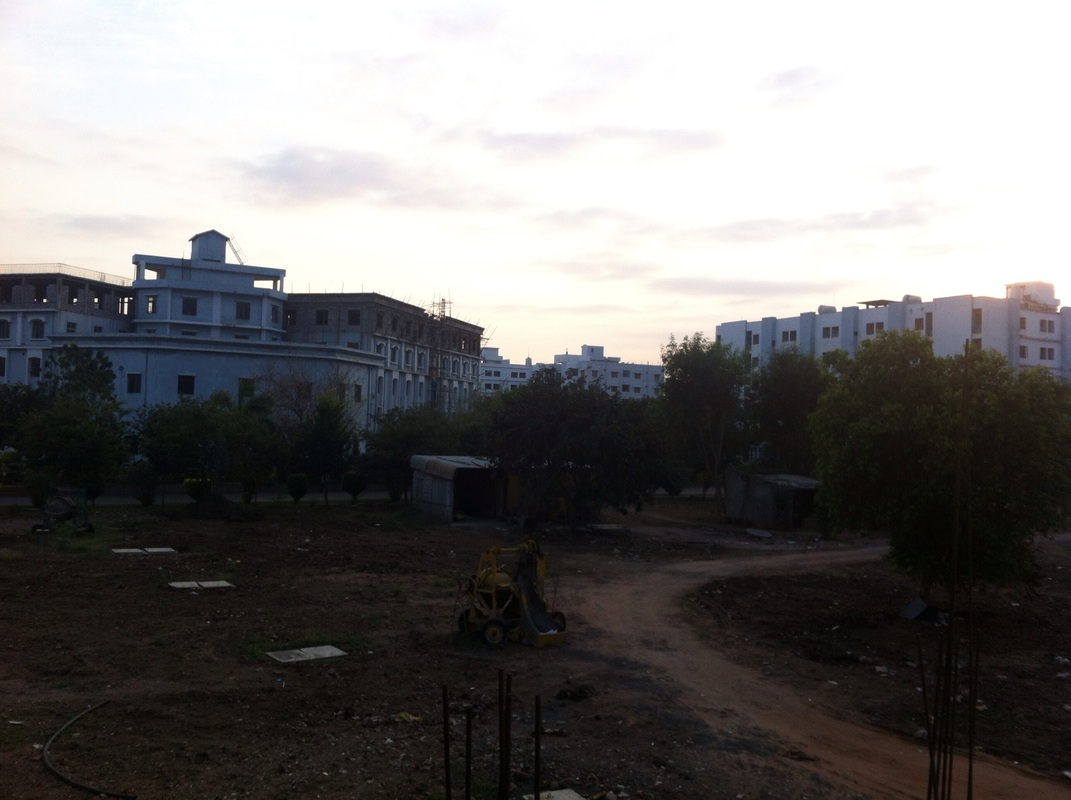I admire the Professor in her drive, negotiation skills, and perseverance when practicing medicine. To me I feel she has the patient's best interest in the forefront, even if is not something they want to hear. She tells them this is what would be needed and then tells them what is a must. They trust her and in return, she does what she can to do right by them. There was a time sitting in clinic today where it was as if I was in one of the resident clinics back in the US, just the surroundings and dress was different. There have been several times during my residency where a treatment or study has been prescribed but later find out it was not completed due to cost. I face this problem more and more while practicing medicine in the United States. We often must manage finances, not medicine. I think the main difference is that here in India there is transparency of the costs for labs and medications. In the US it isn't until your insurance is submitted that the cost is determined. At least in India you know up front what your costs are and if treatment will be financially feasible. Of course that being said, I am impressed with the resources available to patients in the US, if cost IS an issue. There are community pharmacies and crisis centers that will provide medications without charge.
Stepping away from medicine, Professor and I spent the downtime between patients talking about the cultures and traditions of our respective countries. One topic that came up was marriage and weddings. She was surprised that there are not really arranged marriages in the US. This to her was the way it should be, marriage revolving around love between two people instead of being told who you are suppose to spend the rest of your life with. She was also surprised that there is no dowery in the American wedding culture. We talked about the traditionally the bride's family pays for the wedding and the groom's family pays for the reception, that is as close to dowery and gifts I could come up with. We also talked about Ruby, the new puppy my sister and I gave to my Mom as a surprise early birthday present. Professor talked about how she never understood American's attachment to domestic animals until she read the book Marley and Me. She states she was weeping by the end and it made more sense to her how important pets can be. Still though, she won't go to her brother's house if his dog is there.
I truly enjoy these chats with the Professor on more of a person level. I came to India as a representative of Project HOPE in the field of Medicine. However, this journey is more than medicine, it is fundamentally about the people and culture. The rest is built on those two things. How blessed I am to learn about the culture and people by being immersed in it with such willing teachers.
Below is the Medical College and Dorms. The view is from a balcony at the hospital near my room.

 RSS Feed
RSS Feed
